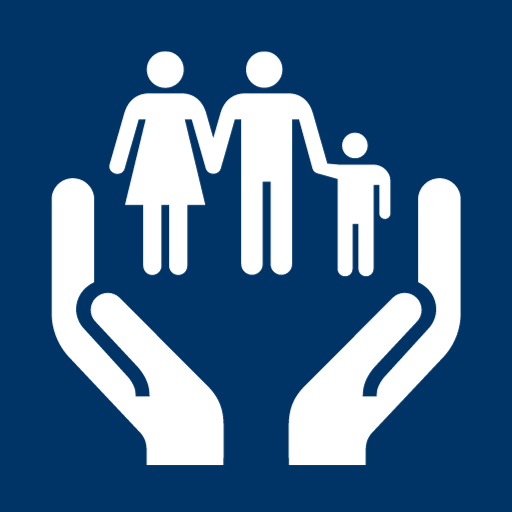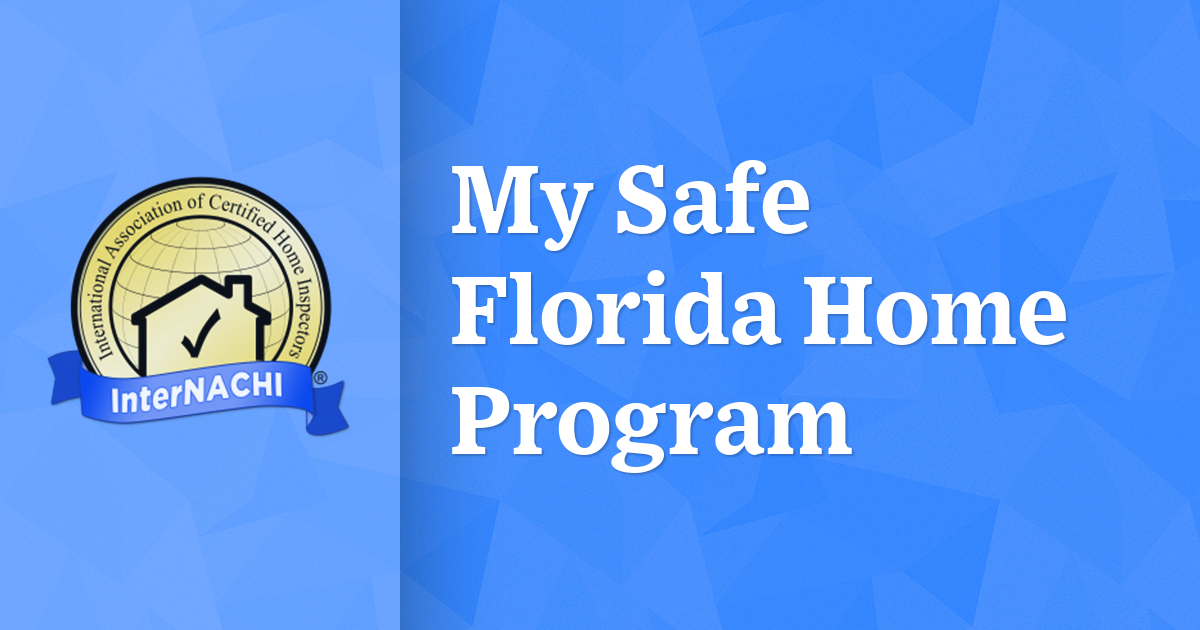Rights and Responsibilities for Assistance Programs in Florida
Responsibilities
Contents
Complete and accurate proof of requested information within specified time limits for eligibility determination is your primary responsibility, whether applying for yourself or someone else.
Utilize Temporary Cash Assistance benefits for the betterment of children in the assistance group; violating this may lead to fines, imprisonment, or both as per Florida law.
Declare the U.S. citizenship or noncitizen status of household members applying for assistance by signing the application and providing proof if necessary.
Apply for benefits from other sources if potential eligibility is indicated by this application or information received by the state (excluding the Food Assistance Program).
Assign your rights to child support to the state and cooperate with Child Support Enforcement in establishing paternity and obtaining support, unless there is a valid reason for not doing so (applies to Temporary Cash Assistance Program only).
Report any insurance or health plan covering medical costs for household members receiving assistance; you must also assign the state your rights to any payments from insurance or other health plans unless there is a valid reason not to (applies to Temporary Cash Assistance, Refugee Assistance, or Medicaid Programs).
Participate in the work activities of the Food Assistance, Temporary Cash Assistance, and Refugee Assistance Employment and Training Programs, including registering for employment unless exempted.
Report to the state within 5 calendar days if a child in your family is expected to be out of the home for 30 days or more (applies to Temporary Cash Assistance Program only). Report any changes in your situation according to program requirements.
For Food Assistance, report specific changes during your certification period when your household’s monthly gross income exceeds the 130% gross income limit.
If you are an Able-Bodied Adult Without Dependents (ABAWD), report if your work hours drop below 80 hours/month. Report lottery or gambling winnings when the gross amount is $4,250.00 or more, won in a single game. Report changes within 10 days following the end of the month the change happens.
Ensure your school-age child (ages 6 through 17) attends school; failure to do so may result in removal from Temporary Cash Assistance and a reduction in cash benefits unless good cause is shown (applies to Temporary Cash Assistance Program only).
Conduct a conference with a school official for each school-age child (ages 6 through 17) during each semester to discuss the child’s schoolwork progress or problems at school; failure to have this conference may lead to removal from Temporary Cash Assistance and a reduction in cash benefits unless good cause is shown (applies to Temporary Cash Assistance Program only).
Ensure your preschool-age children’s (ages 0 through 4) immunizations are up-to-date (applies to Temporary Cash Assistance Program only).
Cooperate with state and federal officials during case reviews and answer their questions if able.
Repay the Department of Children and Families for any benefits received for which you are not eligible; the amount owed can be subtracted from your monthly cash assistance payments or food assistance benefits until the entire amount is paid back. If a Medicaid overpayment occurs, you will have to personally repay the amount.
Provide the Social Security Number (SSN) or apply for an SSN for all household members for whom you’re seeking help; this applies to Food Assistance, Temporary Cash Assistance, and Medicaid Programs.
You do not have to apply for or give an SSN to any household members for whom help is not being requested.
However, you may have to provide income and asset information about those individuals for us to determine the eligibility of other household members for whom help is requested.
Rights
You have the right to apply for help and to have your eligibility decided without consideration of your race, color, sex, age, disability, religion, national origin, or political belief.
If you have a disability that limits you, please inform us so we can make accommodations to assist you. The Department of Children and Families (DCF) is an equal opportunity provider.
This institution is prohibited from discriminating based on race, color, national origin, disability, age, sex, and in some cases religion or political beliefs.
The U.S. Department of Agriculture also prohibits discrimination based on race, color, national origin, sex, religious creed, disability, age, political beliefs, or reprisal or retaliation for prior civil rights activity in any program or activity conducted or funded by USDA. Persons with disabilities who require alternative means of communication for program information (e.g., Braille, large print, audiotape, American Sign Language, etc.) should contact the Department of Children and Families where they applied for benefits. Individuals who are deaf, hard of hearing, or have speech disabilities may contact USDA through the Federal Relay Service at (800) 877-8339. Additionally, program information may be made available in languages other than English.
To file a program complaint of discrimination, complete the USDA Program Discrimination Complaint Form (AD-3027), found online at:http://www.ascr.usda.gov/complaint_filing_cust.html, and at any USDA office, or write a letter addressed to USDA and provide all requested information in the letter.
To request a copy of the complaint form, call (866) 632-9992. Submit your completed form or letter to USDA by: (1) mail: U.S. Department of Agriculture, Office of the Assistant Secretary for Civil Rights, 1400 Independence Avenue, SW, Washington, D.C. 20250-9410; (2) fax: (202) 690-7442; or (3) email: [email protected].
For any other information dealing with Supplemental Nutrition Assistance Program (SNAP) issues, persons should either contact the USDA SNAP Hotline Number at (800) 221-5689, which is also in Spanish or call the State Information/Hotline Numbers (click the link for a listing of hotline numbers by State); found online at: https://www.fns.usda.gov/contact-us.
To file a complaint of discrimination regarding a program receiving Federal financial assistance through the U.S. Department of Health and Human Services (HHS), write HHS Director, Office for Civil Rights, Room 515-F, 200 Independence Avenue, S.W., Washington, D.C. 20201, or call (202) 619-0403 (voice) or (800) 537-7697 (TTY). This institution is an equal opportunity provider.
Apply for help online through our web application, turn in a paper application at a local service center or a community partner, or mail or fax an incomplete application (either web or paper) as long as it has your name and address and is signed by you, another responsible member of your household, or someone acting for you as your authorized or designated representative.
Be interviewed and notified of your eligibility within 30 days from when you turned in a signed application (90 days for Medicaid if your disability is considered in deciding your eligibility).
Have DCF staff or someone else help you fill out forms. Let us know if you need help getting the information we need.
Receive benefits for which you are eligible and be notified quickly of any action taken on your application or any change made in your benefits.
Be informed about other programs that might help you or your family.
Request a hearing before a state hearings officer; you can bring a lawyer, relative, friend, or anyone you choose to the hearing.
If you want a hearing, ask for it by writing, calling the Customer Call Center, or coming into the office within 90 days from the mailing date of your notice of case action.
If you ask for a hearing by the end of the last day of the month before the effective date of the adverse action, your benefits may continue at the prior level until the hearing decision.
You will be responsible for repaying any benefits continued if the hearing decision is not in your favor. If you need information about how to receive free legal advice, call the MyACCESS Customer Call Center toll-free at 1-850-300-4323 for a listing of free legal agencies in your area.
Have the information received by us about you or the people in your household protected as required by federal and state laws.
Name the adult parent of children or someone acting in the role of a parent as the payee (the person who will receive your food assistance benefits). If there are no children in your assistance group, then the payee must be the person who earns the most money.
Department of Children and Families
The Department of Children and Families has the right to:
Contact anyone necessary to decide your eligibility for help or any other person for whom you are applying or receiving help.
Use computer matches with other agencies to confirm the amount of income and assets available to you and the individuals for whom you’re applying or receiving help. Your benefit amount may be changed based on this information.
Apply a 48-month limit on the number of months families can receive Temporary Cash Assistance benefits. This limit applies to families with at least one eligible adult unless he or she qualifies for an exemption or is granted a hardship extension by the Regional Workforce Board.
Agency for Health Care Administration (ACHA)
The Agency for Health Care Administration (ACHA) has the right to:
Release medical and Medicaid benefit information to insurance companies or other health plan carriers making medical payments for health care services received by members of the Medicaid assistance group (not applicable to the Food Assistance or Temporary Cash Assistance Programs).
Get payment for medical expenses from sources other than Medicaid, such as insurance companies or other health plan carriers (not applicable to the Food Assistance or Temporary Cash Assistance Programs).
Collect and review copies of medical and financial information about health care costs paid by Medicaid.
Be repaid for Medicaid payments made for a person who is receiving money from a judgment, award, settlement, insurance, or some other legally responsible source.
The person, the person’s attorney, or the person’s insurance company must inform ACHA about all possible payments from any of these sources.
File a claim against a deceased Medicaid recipient’s estate for repayment of the Medicaid debt. Receiving Medicaid benefits, by a person age 55 or older, creates a debt to ACHA for the amount of Medicaid payments made before the person’s death.
The person representing the estate must inform ACHA’s Estate Recovery Unit when the process begins for approval of the will by the court (not applicable to Medicare Savings Programs).
Florida Fraud Law Information
Any person (including the designated or authorized representative) who knowingly does not tell the truth, hides information, pretends to be someone else, does not provide all the information needed about themselves, the person(s) they are applying for, or other people in their home, or does anything else unlawful to obtain state or federal public assistance benefits is guilty of a crime and will be punished as state or federal law allows.
Further, any person (including the designated or authorized representative) who knowingly does not report a change in circumstances to continue receiving aid or benefits that they should not get, or more benefits than they should get, is guilty of a crime and will be punished as state or federal law allows.
Any person who purposely helps another person to do any of the above acts is guilty of a crime and will be punished as federal and state law allows.
This information is located in Section 414.39, Florida Statutes. More information about this law is available in the local public assistance office or on the Internet. CF-ES 2064, PDF 07-2016 [65A-1.204, F.A.C.]


